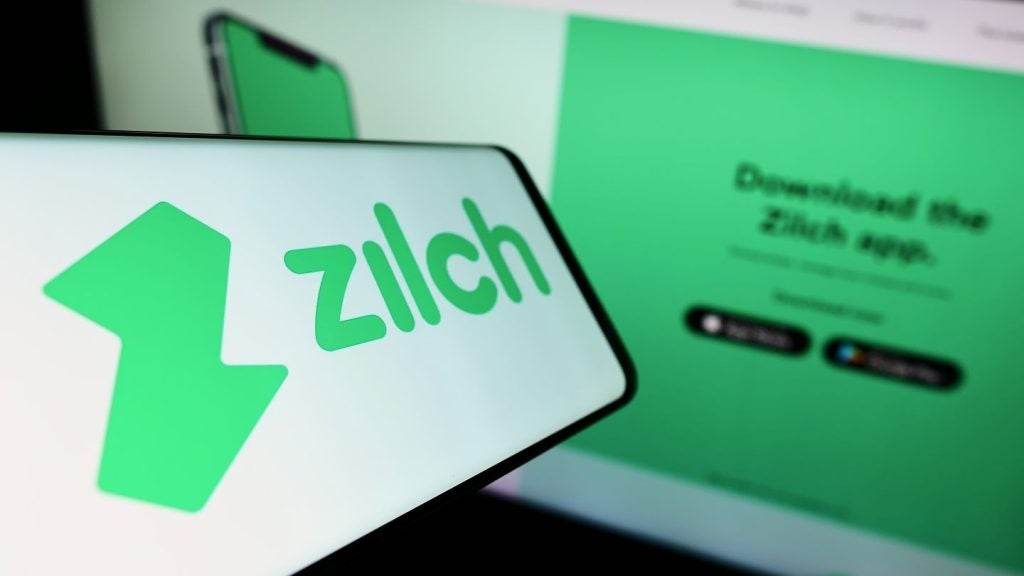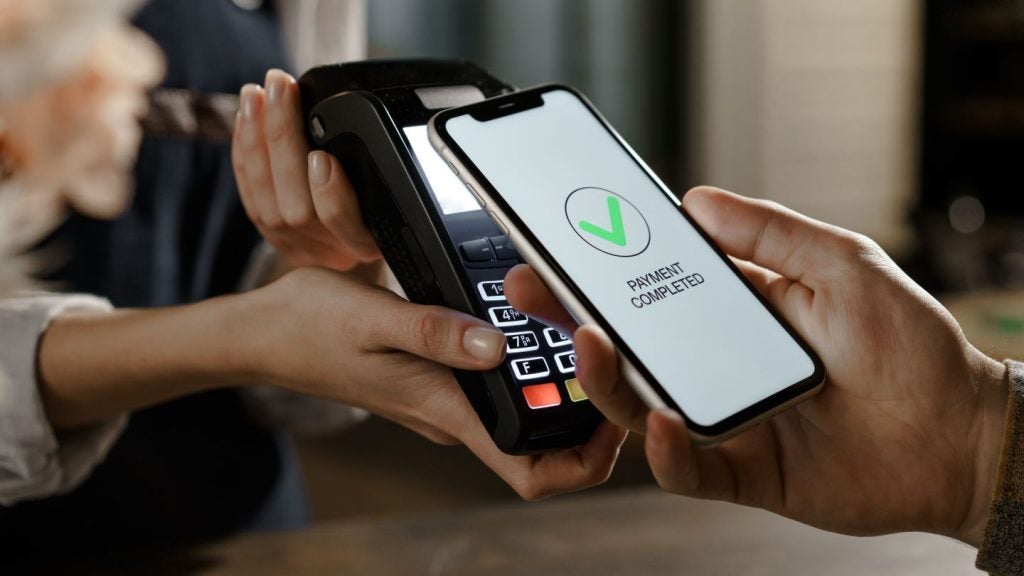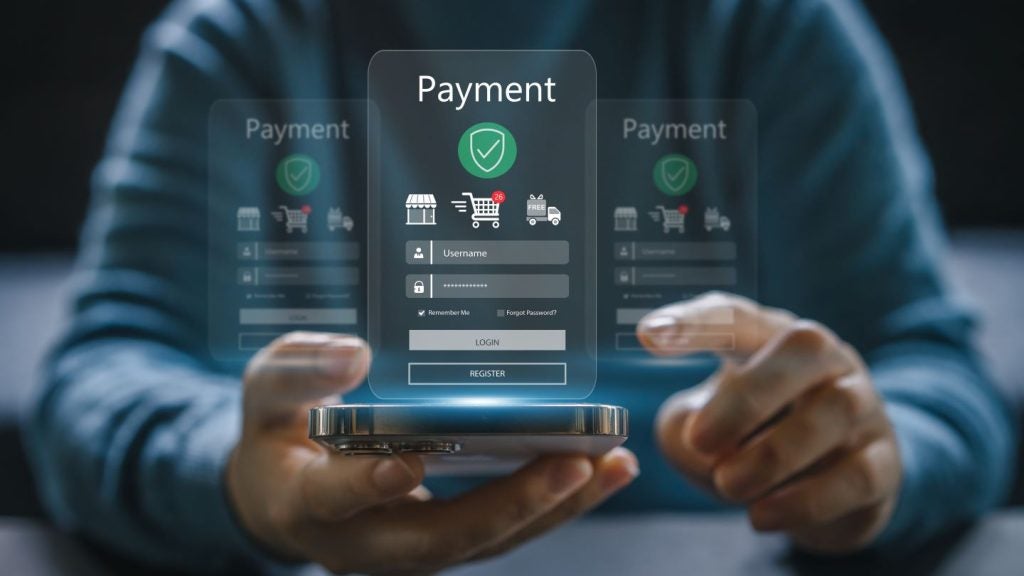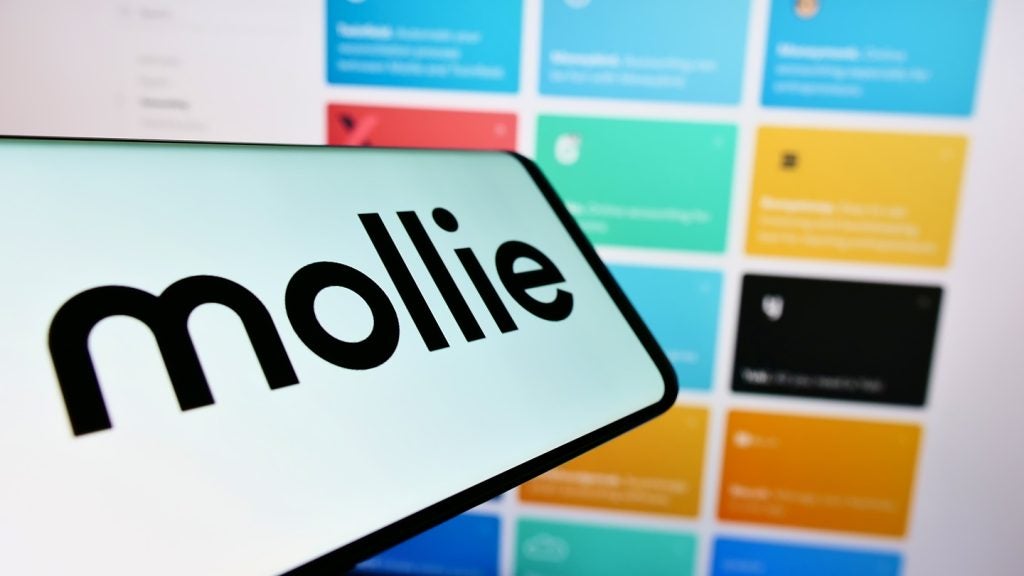
With consumers being more empowered than ever before, travel technology needs to speak to business travellers in the simplest way, writes Lydie Charpin, VP, Customer Solutions for corporations at Amadeus
There is an unspoken digital divide permeating workplaces around the world. You might expect it to be a divide that leaves older generations behind while their younger counterparts accelerate ahead, but you’d be mistaken.

Access deeper industry intelligence
Experience unmatched clarity with a single platform that combines unique data, AI, and human expertise.
When it comes to current expense-management systems, the data shows that younger generations of employees struggle more with the technology their employers choose than their older, more senior colleagues.
So, say the results of new research commissioned by Amadeus. Filing expenses is a necessary part of business travel, but the means employees have available to manage their expenses haven’t changed a great deal for decades.
Yes, there have been marginal improvements with applications that allow receipts to be captured using smartphones but it’s still the same basic process.
Employees incur an expense using their own money, the receipt is collected, and the expense is claimed back in the company’s system.

US Tariffs are shifting - will you react or anticipate?
Don’t let policy changes catch you off guard. Stay proactive with real-time data and expert analysis.
By GlobalDataFollowing management approval, the company then reimburses the employee at some point in the future and the company’s finance team spends a lot of time auditing, accounting and reconciling it all. It could hardly be described as a modern, digital-first experience.
Our survey of business travelers found that only around 20% of respondents describe their company’s expense process as ‘easy to use’.
But the real story is the discrepancy across age groups.
Digital natives demand more from expense management
The frustration that employees have felt with the expenses process is not unreasonable.
Traditionally, expenses have been submitted retroactively after an employee has had to spend their own money, potentially leaving employees in debt before they can be reimbursed.
In addition to this, the admin process of submitting any and all expense can be arduous, clunky, and slow; our survey found that employees spend an average of 2 hours and 20 minutes completing expense reports for a trip lasting more than two nights.
The data we uncovered also showed that younger workers between the ages of 18 and 34 spend an average of 2.7 hours completing expense reports per trip, while their more senior colleagues over the age of 55 spend only around 1.5 hours.
Systems as they currently stand favour experienced employees who will often have known no different, coping with existing expense management techniques and getting used to them despite any difficulties.
But today’s young business travellers feel differently with more than a third of employees between the ages of 18 and 34 telling us they found their company’s expense management system difficult to use.
Other than the substantial time cost that inefficient expense management with which all employees are burdened, businesses face a secondary, slower to emerge threat.
Alienating younger employees, many of whom have grown up during the arrival of digital wallets and mobile app payment.
Think about the ease with which people can pay for groceries now just by holding a smartphone above the card terminal at check-out for a mere moment or using mobile wallets like ApplePay to pay securely for an online purchase with a few clicks.
For many of a business’s younger employees, this payment experience is the norm in their personal lives, and they crave this simplicity when traveling for business too.
In a competitive workplace environment attracting young talent is critical and asking a young colleague who’s likely on lower pay to wait longer for reimbursement isn’t going to help.
The results of our survey highlight how significant this issue is for travelers, with over a third confirming they’ve considered not taking a business trip because they’re concerned about a delay in reimbursement.
We need revolution not evolution
So, what can be done about it? Briefly, organisations, and their employees, need a much more efficient expense-management system that removes ‘the middleman’ in a controlled manner, whilst allow for oversight from company policy-setters.
This is now becoming possible thanks to the innovation of smartphone-compatible virtual cards.
Virtual cards are digital ‘cards’ that link back to a single central company bank account.
Each ‘card’ appears simply as a 16-digit code that is used in the same way as a physical card, but with precisely targeted limits, perhaps a spending limit of between €400 and €500, within an approved time-frame on a specific, policy-approved hotel, for example.
Think of them as ‘programmable’ company cash.
When virtual cards are used on a phone, purchases such as local travel, taxis, meals and subsistence costs can also be approved and tracked digitally, negating the need for the business traveller to stuff their pockets with crumbled receipts.
But here’s the killer benefit. The employee doesn’t need to file their expense report anymore because the payment is made digitally from the company’s bank account.
This means employees avoid a lot of hassle and by simply scanning a receipt, their expense report is automatically created.
Finance teams gain visibility and control over the payment as it is made, with vastly simplified reconciliation and audit. So, we don’t need to iterate with expense management, we can now completely rethink it.
With a mobile phone, virtual cards can be entirely touchless as well. Travelers have signalled that contactless payments are a technology feature they value in order to feel as safe as possible when travelling.
62% of travellers rated it as being equally important as COVID-19 testing or vaccination certification in our recent study with thousands of business travellers.
Most business travel may be on hold for now, but our research shows that people are keen to move around the world for work again, absorbing different cultures and forging important, new relationships.
When business travel returns it should not only be safer for travellers, but also easier.







